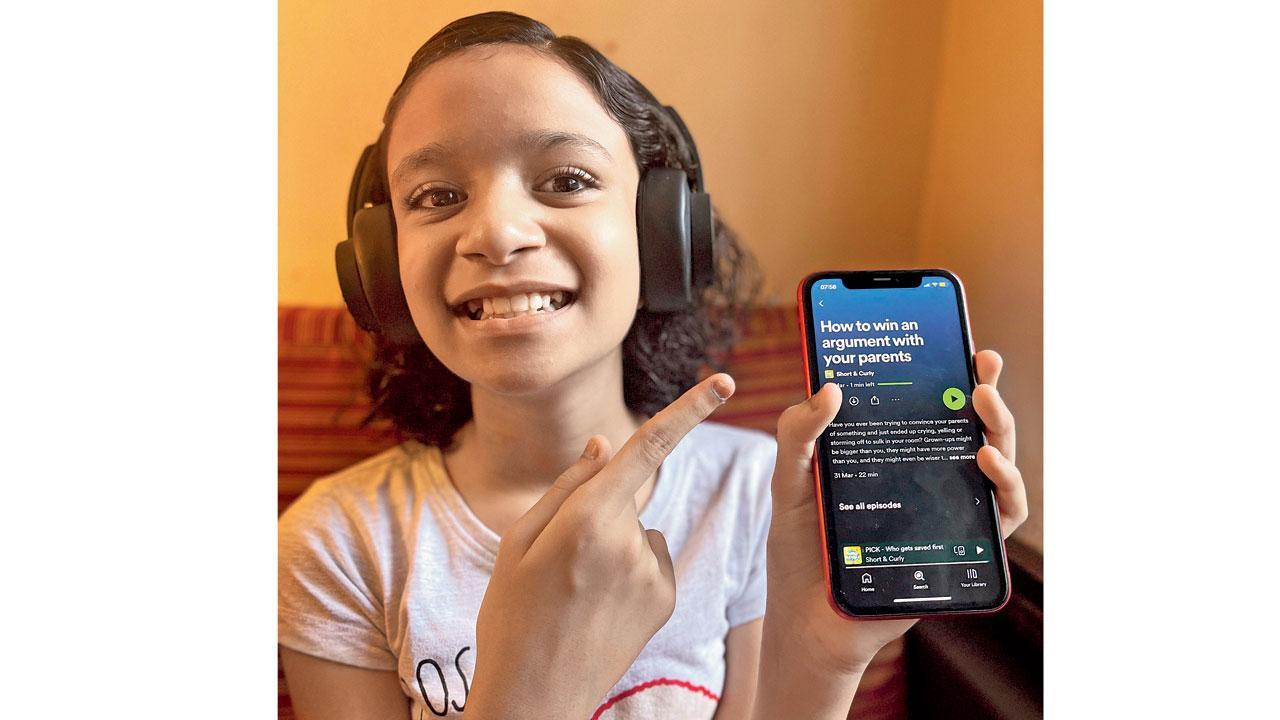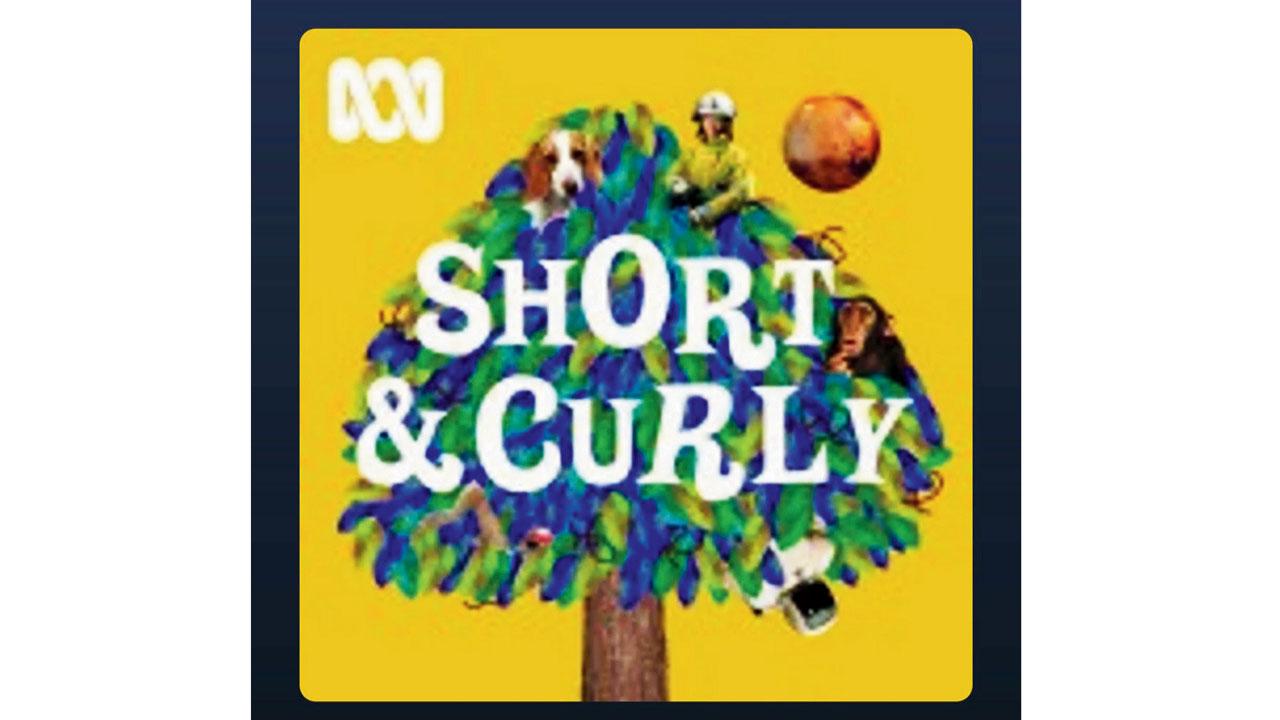A cheery audio series throws itself into all those grey, ethic-based questions that stump children and guardians alike

Nivedita Padmanabhan listens to the podcast
Short & Curly
AGE GROUP: 8 to 12 years
TYPE: Podcast
PRICE: Free
RATING: 3/4
LOG ON: spotify.com
ADVERTISEMENT

Any standard wordfinder will define ethics as a set of moral values that go on to govern our individual dispositions. If only picking up these values was as simple as describing their purpose. The struggle is manifested in confusion — and even conflict — when delicate questions pop into young minds. Curly questions can urge difficult answers, and what if harsh reality ruptures a kid’s innocence? If labour should be rewarded, is it okay to bake a cake and eat a bigger slice than the others? Why can’t there be just good touch? Should all apologies be accepted? Short and Curly, an ABC podcast, aims to tackle doubts that baffle kids and their parents, too.
Her mother introduces her as someone who enjoys a good joke. A tween now, Nivedita Padmanabhan’s ethical queries mostly surround her friends. Although Short and Curly marks her first exposure to the world of topical audio experiences, Nivedita is a keen listener. “She loves singing and appreciates music,” says Ananya Bhowmick, the child’s mother. At 10, the young reviewer is clear about her thoughts: “I had never tuned in to a podcast earlier, and hence, assumed it to be boring. A few episodes into it, I have a different viewpoint.” What about this series changed her initial idea? “I could connect with the concerns because of the funny tone. Important things are discussed in a humorous way. I learnt that we should never judge a book by its cover. I also realised that if arguments are approached logically, they can lead to solutions,” reveals Nivedita.
Her tryst with the series was over a mix of long and brief episodes. Like every kid weighed down by parental dominance, she was intrigued by the piece, How to win an argument with your parents. She then searched for answers in episodes titled Do you have to forgive someone who says sorry; You look funny; Who gets saved first in a fire; and Who gets the biggest piece of cake. “I didn’t get a direction to winning a war of words, but I sure know how to conduct myself better during one. The podcast made me think about things; for instance, I now understand that sorry doesn’t resolve anything unless someone really means it,” Nivedita reckons. Drawing our attention to the series’ skillful handling of grey areas, Ananya shares that she liked how it can make children think before jumping to conclusions. “Sometimes, there is no correct answer. Kids need to be sensitive and look at situations from varied perspectives; the podcast does the job,” she explains.
 Subscribe today by clicking the link and stay updated with the latest news!" Click here!
Subscribe today by clicking the link and stay updated with the latest news!" Click here!







